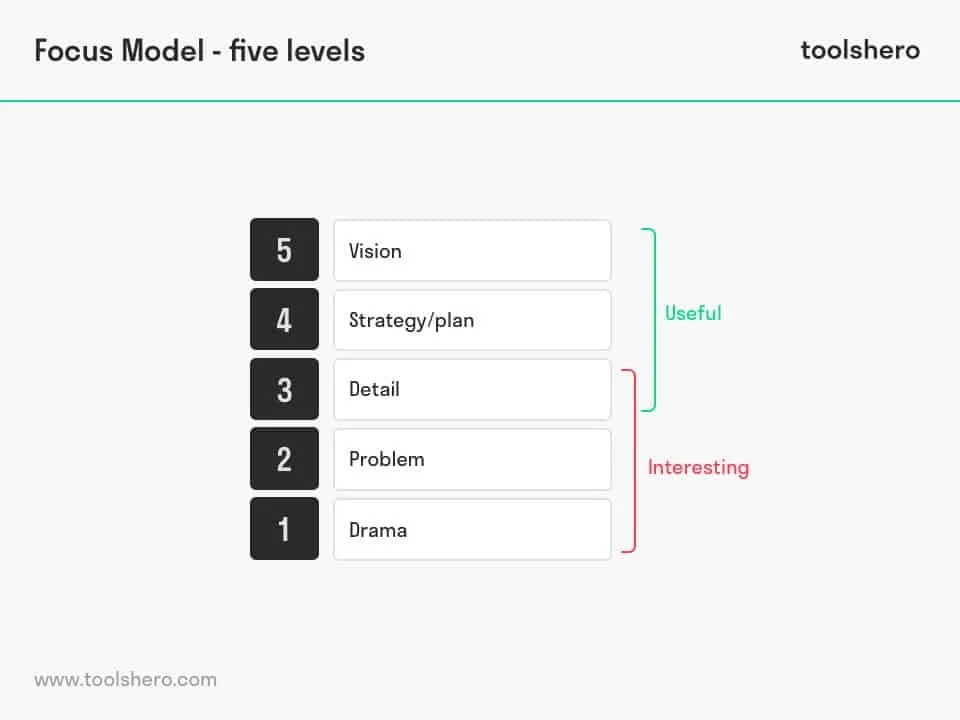Keeping one’s colleagues above the waves in rough waters
In a recent coaching conversation, my client shared that the “waters” felt surprisingly calm for him, whereas for his peers, the waters felt rough and stormy. Rapidly changing waters is a relatable analogy in organizational life today.
How does one navigate when one feels calm and optimistic while your peers feel caught in a swirl of frustration and negativity?
We discussed a few things that can help shift the tide (pun intended here!)
1.) Actively listen and synthesize the experience and patterns. My client has an orientation for solutions, but leading with his positivity and success stories would not meet the room where it’s at. Asking open ended questions, clarifying what occurred and how it impacted them and others, empathizing with their specific experience and emotions, and naming the broader dynamics and patterns can bring the temperature down and move people out of the “amygdala hijack” phase to a more reflective, calm thinking space to move ahead.
2.) Put on a process consulting hat. It’s not always easy, but one can be both an empathic participant and an observer of a group’s process and patterns in a conversation. In organizational development, we call this process consulting, where you bring to light in a non-judgmental way the dynamics for a group to become aware of and act upon. In this scenario, it may be sharing how much time has passed in the meeting and what they have focused upon thus far and how they want to invest the remaining time. It could be reminding the group of its previous commitments and values and how they want to honor them at this juncture. You need not solve the issue; you just raise the issue for the group to work upon together. While nuanced as a member of the group, it’s possible to wear both hats, particularly when you aren’t as caught up in the swirl of the moment.
3.) Bring people back up the ladder. The model below, Five Levels of Focus, from David Rock is one I come back to again and again for clients as a means of checking oneself and others. Leaders invest themselves in charting and planning the future, not on problems and dramas of the day. All of us needs checking at times, because drama is a seductively interesting conversation to slip into, even if it’s not useful over time.
Where are you and your colleagues’ investing your time?


